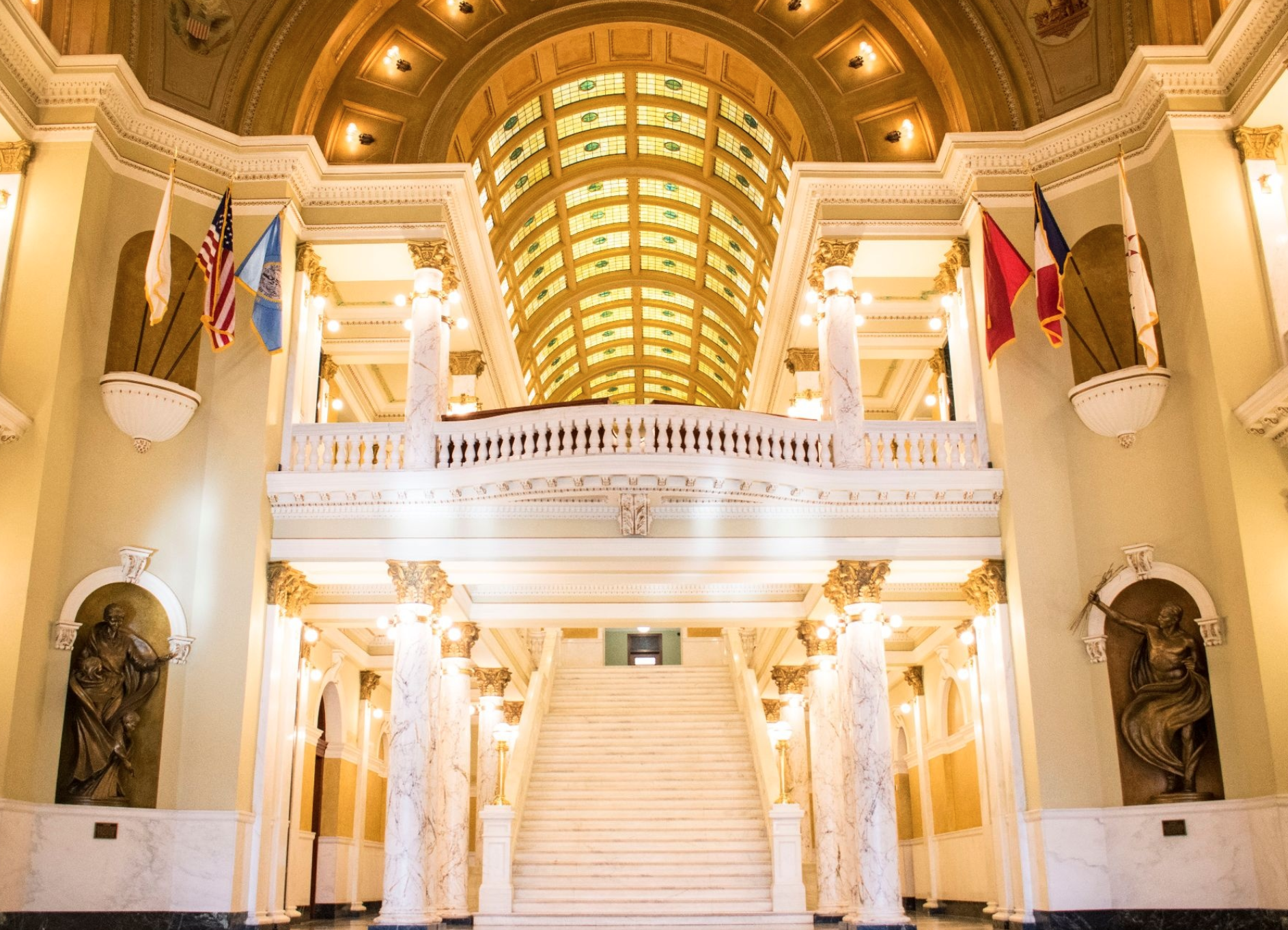Simplified: Lawmakers passed more than 200 bills during the 2023 legislative session, and more than half of those are already set to become law. Here's a look at what's passed, what's been vetoed and what's still sitting on the governor's desk.
Why it matters
- The annual legislative session in Pierre is where all of South Dakota's laws originate, so it's worth paying attention to what passes and what doesn't.
- Lawmakers had just shy of 40 legislative days to get legislation passed and make sure they've got a balanced state budget for the next year. In that time, they considered more than 500 bills, resolutions and commemorations. (Want a real deep dive? See every submitted bill here.)
- Much of the legislation ends up being – frankly – kind of boring stuff like wording tweaks or changes that don't affect the majority of people, but there are items passed this year that could impact your day-to-day life.
What's some of the stuff that passed?
A quick note: This is not by any means a comprehensive look at what passed. There are hundreds of bills now on track to become law, but here's a handful of the things that will affect Sioux Fallsians, specifically.
Money for housing infrastructure. Lawmakers approved $200 million to help address housing shortages statewide. The money had been there since the previous session, but there was confusion for how to spend it. This bill cleared that up. (SDPB has more background here.)
Free tuition for National Guard members. Enrolled National Guard members in the state who meet certain requirements will now be able to attend state universities and tech schools tuition free. Read the full bill here.
Changs to abortion law. While abortion remains illegal statewide, a new law states that women who have unlawful abortions may not be held criminally liable. Read the full bill here.
- A separate bill to further define the exception for abortion to save the life of the mother was tabled.
What's some of the stuff that failed?
Again – it's worth noting that this is only a small fraction of the bills that ultimately bit the dust. But, here are some of the big ones that made headlines along the way.
Food tax repeal. Noem in her re-election campaign promised to repeal South Dakota's sales tax on food items. She pushed hard for it this session, but ultimately lawmakers said no.
Drag show bans. A move to ban state universities from supporting so-called "lewd or lascivious content" also ultimately failed this session. The bill was in response to a drag show held on South Dakota State University's campus last year – South Dakota Searchlight has the background/context here.
Free state IDs. HB 1241 would have allowed people who are homeless to get a state ID without paying any fees. That one was tabled in committee.
What's some of the stuff that's still undecided?
Tax relief. After back-and-forth all session about if, where and how to cut taxes, lawmakers finally settled on a plan to temporarily reduce the state sales tax from 4.5% to 4.2%.
Stricter parole rules. A "truth in sentencing" bill that would limit parole for violent crimes is sitting on Noem's desk. This is a bill that has major support from Sioux Falls officials (see: Mayor Paul TenHaken).
Stricter penalties for drunk drivers. HB 1170 would put a mandatory minimum sentence on anyone who gets four or more DUIs. South Dakota Searchlight has more context here.
More money for S.D. college kids. HB 1055 would increase the amount of money South Dakota students get in the state's "opportunity scholarship" from $6,500 over four years to $7,500 over four years.
A definition for consent. SB 90 would add a definition of "consent" to the state's rape law. It would also add definitions of "force," "mental incapacity," and "physical incapacity."
What happens next?
Noem has until the end of the month to sign or veto the bills that remain on her desk.
- The legislature will then convene March 27 for "Veto Day" where they have a chance to overturn any vetoes with enough support.
Laws that get full support from the House, Senate and governor will then become law starting July 1.
- Some bills have an "emergency declaration" that allows them to go into effect right away instead of waiting until July.


